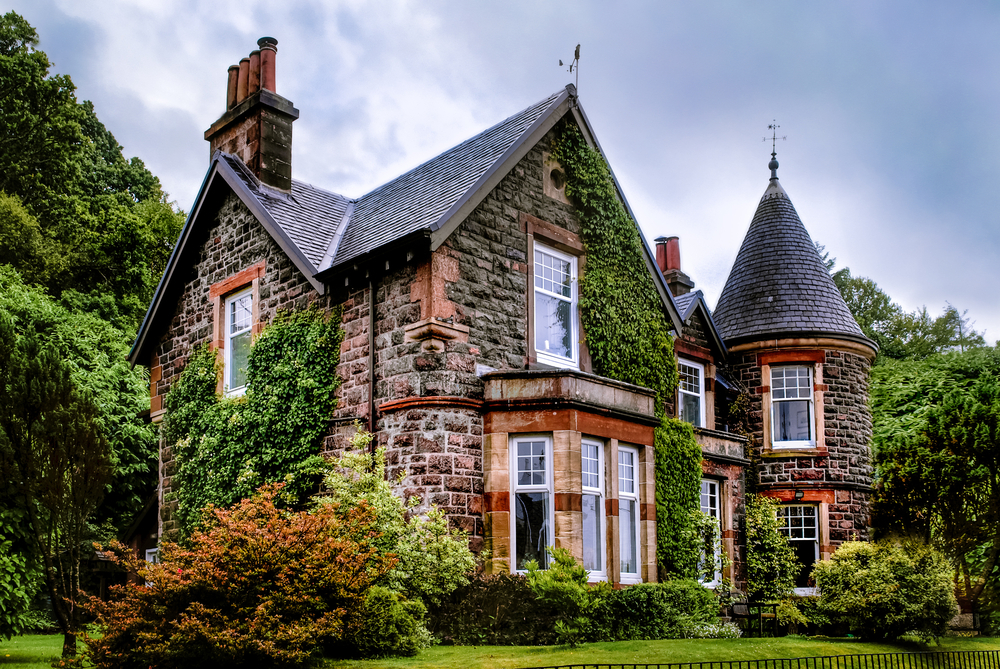Last Updated on Dec 23, 2019 by James W
When purchasing an older property, there is plenty of risks but also plenty of potential rewards. The old world charm of a property built before 1919 (the general official definition of ‘old’) makes it especially attractive. Many buyers or renters may be more than willing to spend above the odds to have a home that feels more like it has a history, and makes them part of a bigger story. But take care. Dangers ranging from damp to a more widely deserted surrounding community can create trouble for the less than thorough property investor. When considering a property investment of this kind, here are three questions you might want to ask first.
-
-
Exactly how old is this property?
-
On the face of it, this seems like a monumentally obvious question to ask. You wouldn’t buy a used car without knowing it millage or year of registration. Why would you buy a house without knowing the year it was built? However, simply accepting the simple answer to the question leaves out some important details that could be vital to know, especially when it comes to maintenance and upkeep. Many buildings might have been initially erected in a certain year, but they could have been expanded, altered, adapted for new purposes, and generally otherwise changed in the course of their existence. The older the building is, the more likely this will be the case. Many larger houses are converted barns, and many office buildings are converted Victorian apartments. Knowing how old the adaptations are, when they were made, what they involved and so on, can give valuable insight into the kinds of costs that could be incurred in the maintenance of this building. Something vital to know if you plan to be making money from this structure.
-
-
Is there a damp proof course?
-
Older buildings are often extremely vulnerable to all kinds of water damage. The traditional method of simply building the structures out of a ‘breathable’ material that let water out as easily as it allowed it in, did not account for the modern day invention of running water. Because the amount of water being passed through an older house is much higher than it ever would have been previously designed for, the possibility of damp becomes a serious concern. Not to mention how changing weather patterns in the last century could well mean there is much more water in the air that will have to be dealt with somehow. The best course of action is to consult with the kinds of firms who are exceptionally well versed in the art of how to treat rising damp in an old house, and learn from them just what – if anything – you need to do, and crucially how much it will cost to get done.
-
-
Is the property, or any part of it, listed?z

-
The historical protected status of a building is something that generally speaking most real estate agents will declare fully as part of the sales process. However exactly what this listing means, and exactly what specifically is protected, that you will need to enquire further about. A good example of just how much you might be able to change even if it is listed is 1600 Pennsylvania Avenue.
The White House has looked the way it currently does from the outside, largely unchanged since the war of 1812 when British forces successfully set fire to the previous one. However in the mid portion of the twentieth century, the internal structure was completely gutted, removed, revamped and modernised, yet the outside remained largely unchanged. Your property may be in a similar situation, with only the exterior appearance being what the wider historical preservation world is concerned with, and only through inquiring in the correct fashions with the correct authorities will you be able to find out.
Older buildings are risky investment propositions, to be sure, but risk generally also means reward. Ask the right questions of the right people, and you could see that a house or other property of this kind could be an exceptionally valuable investment.




